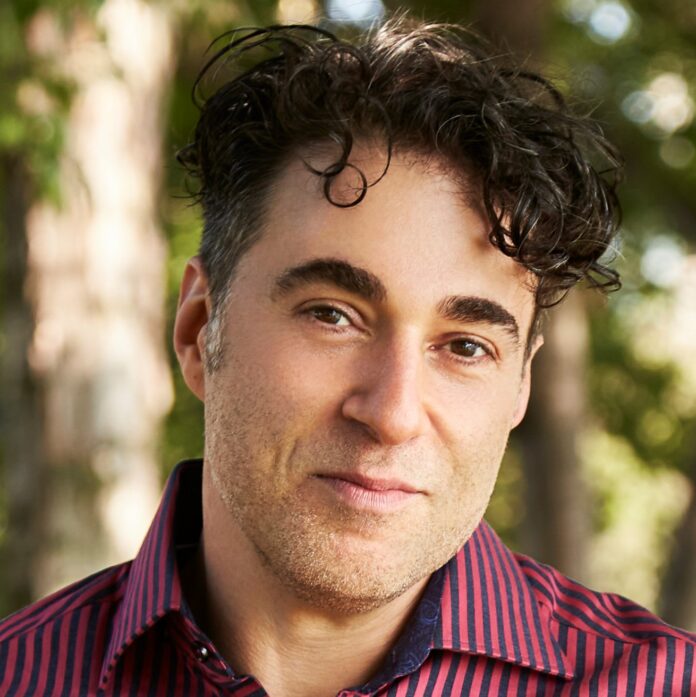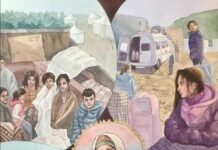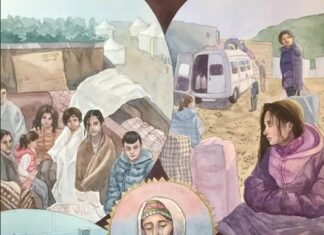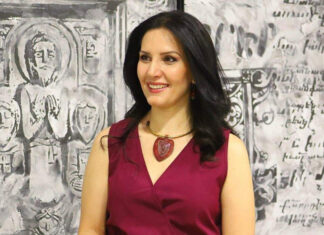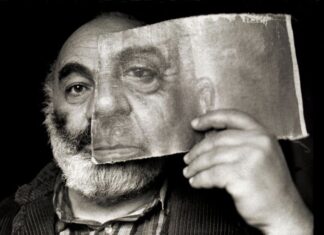YEREVAN/NEW YORK — Director, writer, producer Michael Barakiva of Israeli-Armenian descent, was born in Haifa, Israel and grew up in the suburbs of New Jersey. He attended Vassar College, and Juilliard School as an Andrew W. Mellon Fellow in Directing. In 2014, he published his first young-adult novel, One Man Guy, and its stand-alone sequel, Hold My Hand (2019). Other writings include The Nature of Things, Paradise Lost and Stringy Theory (co-author). He served as the artistic director of the Hangar Theatre in Ithaca, NY from 2013-2020. Michael is the founding artistic director of the Upstart Creatures theatre company. As a stage director, Michael has worked all over the US and world staging classics and developing new work (“Moriarty,” “Into the Woods,” “Perfect Arrangement,” “Up,” “Chicago,” “In Every Generation,” “The Clean House,” “A Doll’s House Part 2,” “White People,” “Blithe Spirit,” “The Turn of the Screw,” “The Seagull,” “Rosencrantz and Guildenstern are Dead,” “Stage Blood,” etc.).
Dear Michael, a couple of years ago I read your play, “The Nature of Things.” There are lots of interesting things – philosophical thoughts of the heroes, various relationships, but I could not imagine it on the stage. I understand your intention is not to write a historical play, yet the usage of historical terms and Latin phrases made me check them all the time. What the spectators will do?
I find that I love using lots of languages in the things that I write, probably because the house in which I grew up was full of many languages. My parents would switch back and forth between English and Hebrew all the time, and use French when they did not want the kids understand what they were saying (my sister would study French, in no small part, I am sure, to decode our parents). My mother spoke Armenian with her family, and there were always phrases from Arabic thrown in. My husband is also a polyglot: Spanish, English, French, Italian, Russian, and now Portuguese.
Which is all to say – I hope I have written that play in a way that you do not need to understand the Latin to enjoy it in the play.
Your biography says that your established non-profit theatre company, The Upstart Creatures, presents (meta)physical feasts, feeding bodies and souls. Could you please explain it a bit? I understand theatre nourishing souls, but also bodies?
I would be delighted to! The Upstarts presents readings of texts from historically excluded artists, and we make multi-course, gourmet meals inspired by the material. Then we serve it all for free in the Metro Baptist Church off of Times Square. They are wonderfully, loving, community-building events.



